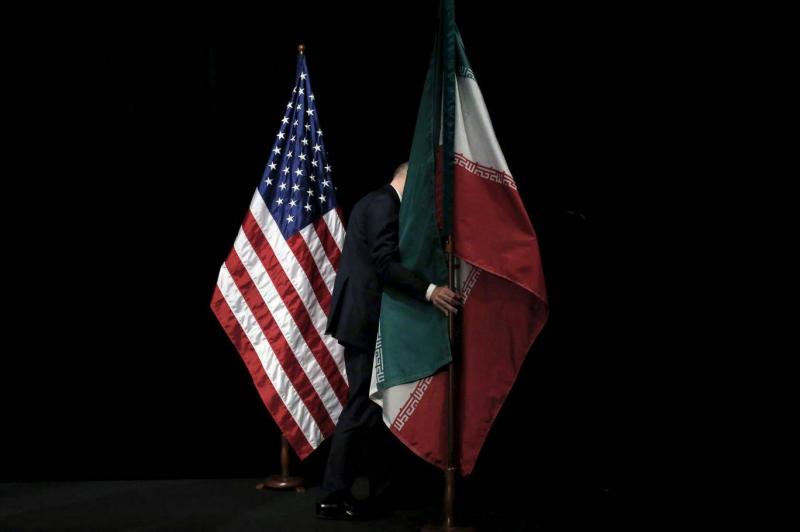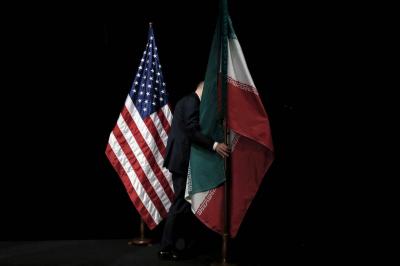The U.S. government has concluded that the Iranian government is behind the hacking and leaking operation that targeted Donald Trump's presidential campaign, while also attempting to target the Biden-Harris campaign, as reported by the FBI and other U.S. intelligence agencies on Monday. In recent days, the FBI informed the former president of their preliminary findings after news organizations reported receiving documents believed to have originated from an account belonging to a senior official in Trump's campaign. Meanwhile, the campaign of Vice President Kamala Harris stated that hackers were unsuccessful in their attempts to breach their campaign.
U.S. officials believe that the investigation represents the clearest indication of efforts by Iran and other countries to try to influence the 2024 elections. The FBI, the Office of the Director of National Intelligence, and the Cybersecurity and Infrastructure Security Agency (CISA) stated, "The intelligence community is confident that the Iranians, through social engineering and other efforts, sought to access individuals with direct access to the presidential campaigns of both political parties. This activity, including thefts and document disclosures, aims to influence the U.S. electoral process." The statement added, "It is important to note that this approach is not new. Iran and Russia have used these tactics not only in the United States during the previous federal election cycle but also in other countries around the world."
Iran surprised some U.S. officials with the level of aggression in its attempts to interfere in the 2020 elections, including by threatening election officials. Four years later, while the element of surprise may have faded, Iran does not appear any less willing to create chaos during the elections, according to current and former U.S. officials.
In the recent hacking operation, investigators believe that suspected Iranian hackers breached the personal email account of long-time Trump ally and political operative Roger Stone in June and then used this email to attempt to infiltrate a senior official's account in Trump's campaign as part of an ongoing effort to access campaign networks, as previously reported by CNN. In addition to the hack, an AOL account using the pseudonym "Robert" leaked internal Trump campaign documents to the media, as Politico reported first on Saturday. The newspaper mentioned that one of those documents was a research file on vice-presidential candidate J.D. Vance.
Sources indicated that the FBI examined email records provided by Microsoft, Google, and AOL, and spoke with Trump campaign staff to identify those responsible for the hack and leak. The nature of the breach seems relatively clear: the hackers' techniques matched those of a notorious group affiliated with the Iranian Revolution Guard. However, some U.S. officials were uncertain whether the same group supported by the Iranian Revolutionary Guard that conducted the hack was responsible for the leaks, according to two sources familiar with the matter, as the group is not known for leaking. Nevertheless, one source stated that private investigators studying the AOL accounts were able to link its digital infrastructure to the same Iranian hacking group.
A person familiar with the exchanged emails between "Robert" and journalists indicated that the individual behind the account was fluent in English and pressured one of the reporters to publish more documents.
### Iran's First Response
Iran's mission to the United Nations rejected on Monday what it described as "baseless" claims that Tehran was behind the hacking and leaking operation targeting Donald Trump's presidential campaign and attempts to target the Biden-Harris campaign. The permanent mission of Iran to the UN stated in a message to CNN: "Such claims are unfounded." The mission continued in the statement: "The Islamic Republic of Iran has no intention or motivation to interfere in U.S. presidential elections." It added: "If the U.S. government truly believes in the validity of its claims, it should present us with relevant evidence, if any, that we will respond to accordingly."




